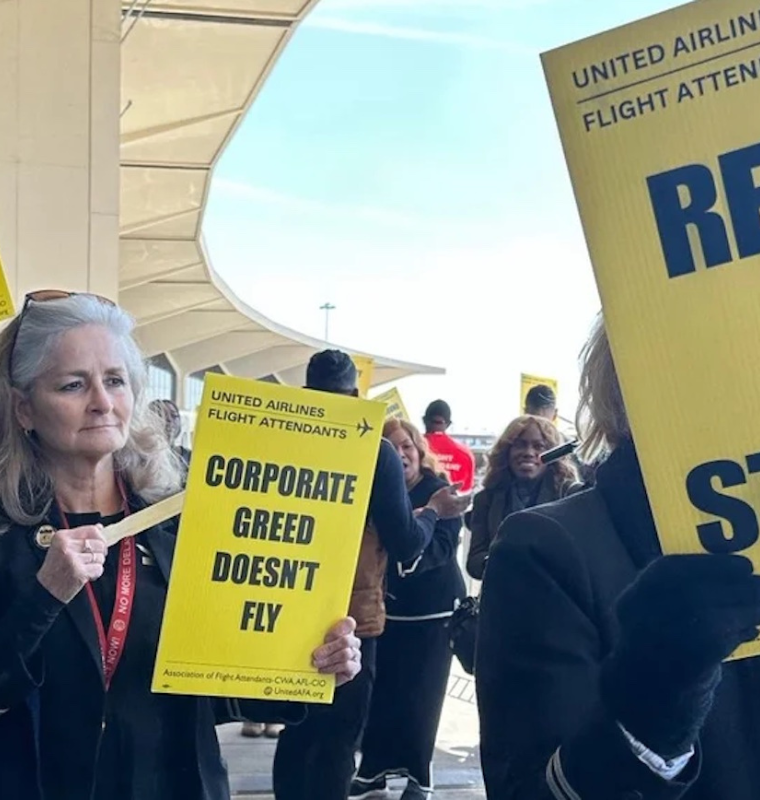Chinese Exporters Lure U.S. Buyers with Attractive Deals—But Fraud Risks Lurk Beneath
Chinese Exporters Lure U.S. Buyers with Attractive Deals—But Fraud Risks Lurk Beneath
By
Leah Rosenfeld
Last updated:
May 20, 2025
First Published:
May 20, 2025

Getty Images
In the wake of escalating tariffs under President Donald Trump's administration, Chinese exporters are enticing U.S. businesses with seemingly lucrative deals. However, these offers often conceal fraudulent practices, such as under-invoicing and mislabeling, which not only undermine fair trade but also expose American companies to significant legal and financial risks.
The Mechanics of the Fraudulent Schemes
Chinese exporters are employing tactics like the "delivered-duty-paid" (DDP) shipping approach, where sellers cover all import duties, to offer U.S. customers prices that appear unaffected by tariffs. This is achieved by:
- Under-invoicing Shipments: Declaring a lower value for goods to reduce payable duties.
- Mislabeling Products: Incorrectly classifying goods to attract lower tariff rates.
- Utilizing Shell Companies: Establishing foreign entities to act as "importers of record," which are responsible for customs filings and duties. These entities often default on payments and vanish, leaving U.S. businesses liable.
David Forgue, a partner at Barnes, Richardson & Colburn, highlights the ease with which these shell companies can be created and dissolved, making it challenging for authorities to track and hold them accountable.
Legal and Financial Implications for U.S. Businesses
Many American companies, knowingly or unknowingly, become complicit in these schemes. Legal experts warn that:
- Civil and Criminal Liabilities: Businesses can face charges under customs laws and the False Claims Act.
- Unexpected Tariff Bills: Companies may receive sudden demands for unpaid duties, even if they weren't the official importers.
- Seizure of Shipments: Goods can be confiscated if found to be part of fraudulent import practices.
Dan Harris, an attorney at Harris Sliwoski, emphasizes that ignorance is not a defense. If a company is paying prices that seem too good to be true amid high tariffs, it's likely involved in or benefiting from fraudulent activities.
Competitive Disadvantages for Compliant Businesses
Law-abiding companies find themselves at a disadvantage, as competitors engaging in these illicit practices can offer lower prices. Cze-Chao Tam, CEO of Trinity International, notes the difficulty in competing with businesses that flout regulations, especially when consumers prioritize cost over compliance.
Challenges in Enforcement
The U.S. Customs and Border Protection (CBP) faces significant hurdles in curbing these fraudulent activities:
- Resource Constraints: With the massive volume of imports, it's impractical to inspect every shipment thoroughly.
- Technological Limitations: While systems exist to flag high-risk shipments, they aren't foolproof.
- Evolving Tactics: Fraudsters continually adapt, making it difficult for enforcement agencies to keep up.
Former customs officer Alex Capri suggests that more proactive measures, including international cooperation and stricter regulations at the point of origin, are essential to combat these schemes effectively.
While the allure of cost savings is tempting, U.S. businesses must exercise due diligence when engaging with foreign exporters. The short-term gains from lower prices can quickly be overshadowed by legal troubles, financial losses, and reputational damage. As trade tensions persist, it's imperative for companies to prioritize compliance and ethical practices in their international dealings.
Popular articles
Subscribe to unlock premium content
Fashion Waste and Sustainability in Fast Fashion Are Forcing a Global Industry Reboot

The Rise and Fall of Argentina’s Economy Reflects a Cycle of Promise and Crisis

Vietnam’s Manufacturing Boom Is No Accident and It’s Just Getting Started

Fashion Waste and Sustainability in Fast Fashion Are Forcing a Global Industry Reboot

The Rise and Fall of Argentina’s Economy Reflects a Cycle of Promise and Crisis

Fashion Waste and Sustainability in Fast Fashion Are Forcing a Global Industry Reboot









